White Coats, Heavy Minds: Why Medical Students Struggle with Anxiety and How to Cope?

Dr Rishabh Garg
Batch 2019, N.C. Medical College and Hospital, Aff to PGIMS,
Rohtak
Behind every
white coat is a mind battling stress, sleepless nights, and silent fears. This
is the untold story of how a medical student struggles with anxiety —and how to
fight it.
A Recall
You can’t focus on your studies even when the exam is just a few hours away.
With your heart racing and hands trembling, it feels like no matter how many
revisions are done, in your head, you are blank. You promise yourself you’ll
read “one more topic,” but the pages blur, and suddenly the night feels
endless.
If this sounds familiar, it is certainly a medical student's anxiety. And if
you’re a medical graduate—or one in the making—you know this feeling all too
well.
Anxiety isn’t occasional in medicine; it’s a constant shadow. And no, it’s not because someone is weak. It’s because a career in medicine is ‘demanding’ at every step. From pre-medical exams to super-specialty training, the competition never ends.
The Medical Journey
A medical student's anxiety is very much real.
Right from the time of admission in a medical college, sleepless nights,
revisions, and the gnawing fear of failure land all medical students into a
realm of anxiety at some or the other point of time.
Anatomy alone feels like a universe that you must conquer, let alone the other
three subjects of the first year- Physiology, Biochemistry and PSM. Flipping
through atlases, tracing muscles with your finger, whispering names under your
breath- this stage is the first real encounter with academic anxiety—a test not
just of knowledge, but of endurance and patience.
And to sift through this test, the one-stop solution is CBS
Publishers and Distributors, who offer gems like Dr Satyanarayana’s Biochemistry,
Dr Yogesh Sontakke’s Embryology ,
and Histology by
Dr KrishnaGarg,
Dr Gayatri Rath and Dr Mithlesh Chandra, BD Chaurasia’s Human Anatomy and
Dr L P Reddy’s LPR’sFundamentals of Physiology –
all well-equipped to seamlessly, cater to your first-year needs.
4 years after the first year come the internship
and junior residency, where the ladder leans against the hospital walls.
This is characterized by night duties, emergencies, and the lingering fear that
you might not be able to treat a disease properly.
Spending those years amid beeping monitors, surging adrenalines when attending
a patient, realizing that the lessons from textbooks were only the beginning-
Can you recognize the reasons behind a medical student's anxiety? While coffee
helps your body stay alert in such times, it is actually the anxiety that keeps
us vigilant.
In senior residency, responsibility
deepens. You are no longer only learning—you are teaching juniors, managing
wards, and emergencies, and preparing for super-specialty exams.
Every decision carries weight, every mistake teaches a
lesson: The Story behind A Medical Student's Anxiety
Recall explaining procedures to anxious interns- the simultaneous fear of being
wrong and pride in sharing knowledge. Stamina, patience, and multitasking is
what a medical student needs here.
Advancing further into assistant/
associate professorship or super-specialization, the pressures evolve but
never disappear. Balancing research, clinical duties, teaching, and personal
life becomes a complex juggle.
A medical student's anxiety persists alongside ambition, but
so does mastery, confidence, and resilience. Relive walking through the
hospital corridors at night, exhausted but satisfied, reflecting on the
patients helped, the lives touched, and the growth achieved.
Every rung of the ladder brings growth —and fresh anxieties.
A Medical Student's Anxiety and Stress: The Connection
• As a friend, stress motivates,
sharpens focus, pushes you to study harder, and fuels achievement.
• As an enemy, it overwhelms you.
The exam, syllabus, time, and resources are the same for everyone. Yet one
student stays calm, while another feels broken. The difference lies not in the
exam, but in the mindset. This is
where anxiety takes hold — when stress tips out of balance.
When
the Medical Student's Anxiety Strikes Him the Hardest
For most medicos, anxiety peaks during key phases:
• Preparation
phase – endless revisions, fear
of falling behind, constant comparisons.
• Exam day –
racing heart, trembling hands, spiralling thoughts.
• Waiting
period – the long torture of
“what if.”
• After
results – worrying about the next
stage, career choices, or specialization.
Anxiety is rarely loud. It exists quietly, invisibly, often misunderstood, most
often, fuelled by overthinking.
And here’s the truth: you can’t avoid it, skip it, or evade it.
Medicine demands the spirit of a fighter, not a sufferer.
Warning
Signs You Shouldn’t Ignore
As medicos, we know our body speaks before our mind does.
Anxiety can manifest as:
• Palpitations and tremors
• Breathlessness or chest tightness
• Fatigue and poor concentration
• Mood swings and irritability
Sometimes, these overlap with depression.
Unfortunately, within the medical community itself, such issues are often
dismissed as “normal.” But silence intensifies the suffering.
Get acquainted with anxiety and how it takes a toll on you
with ‘Essentialsof Psychiatry’ from
the House of CBS.
Management
of Anxiety
So, how do you tackle a medical student's anxiety? The following steps truly
help:
• Identify
the signals – Spotting anxiety
patterns early prevents them from snowballing. If you want to get better at
identifying these signals, check out – Dr R K Meher’s Competency-Based Textbook ofPsychiatry
• Seek help –Speaking out with a professor of Psychology,
Psychiatry or even friends lightens the load.
Make
lifestyle changes:
• Physical Activity: Exercise, gym,
or brisk walk for 30–45 minutes daily.
• Dietetics: Eat
fruits, vegetables, nuts, and juices. Reduce caffeine, junk food, and smoking.
• Mental Health: Meditation, yoga,
or 10 minutes of deep breathing helps you unwind.
Overthinking is anxiety’s closest ally. Don’t get trapped in endless “what
ifs.” Accept imperfection. Make decisions and move forward.
Quick
Solutions for Medical Students' Anxiety
Sometimes medicos need instant fixes:
• The 4-7-8
Breathing Trick: Inhale for 4 seconds, hold for 7, exhale for 8.
Repeat thrice to calm your nerves before exams.
• Two-Minute
Journaling: Write down what’s bothering you. Offloading it on paper
clears your head.
• Digital
Detox Hour: Switch off your phone one hour before bed. Watch your
sleep quality improve dramatically.
• Mini-Meditation:
5 minutes of eyes-closed breathing between lectures will reset your mind.
A Reflection
Medically speaking, anxiety means your stress response needs direction,
discipline and awareness..
Certainly, you can transform anxiety from a burden into resilience.
Closing Note
Remember! You are not a sufferer.
You’re a fighter.
Medicine will test you—with exams, patients, and responsibilities. But anxiety
does not define you.
From the Desk of CBS Publishers and Distributors
All the aforementioned books are available for purchase on our website www.cbspd.com. They are also widely available across the country with all the CBS dealers and on e-commerce portals like Amazon and Flipkart. For any further information/queries about the book, we are happy to assist you via call/WhatsApp on 9599779677.

.png)
.png)
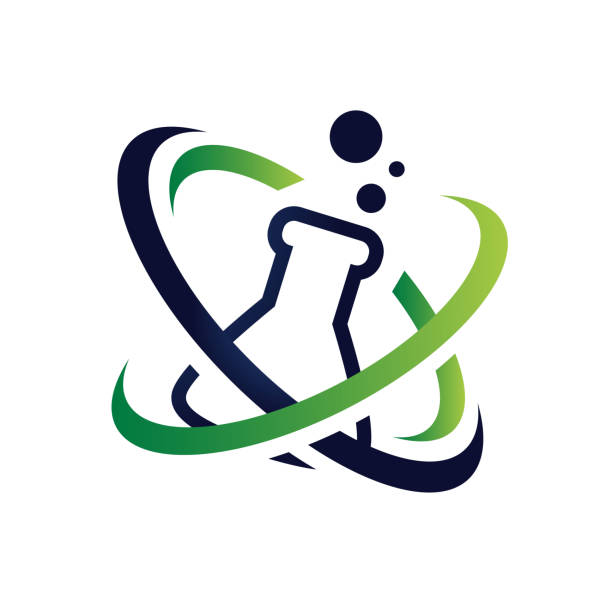



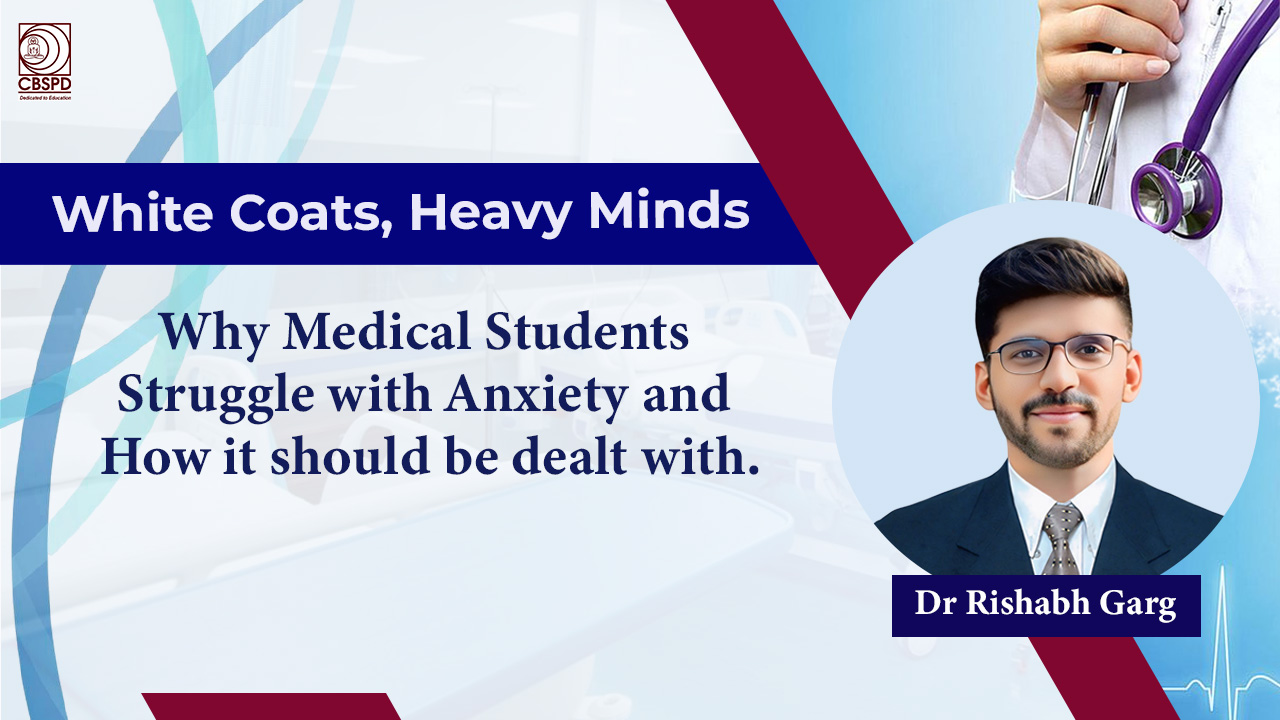


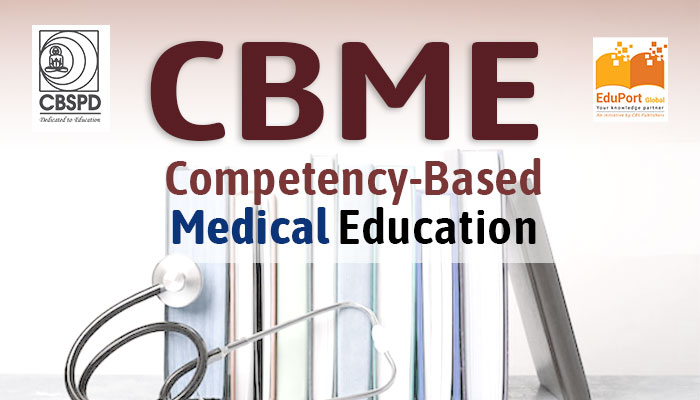
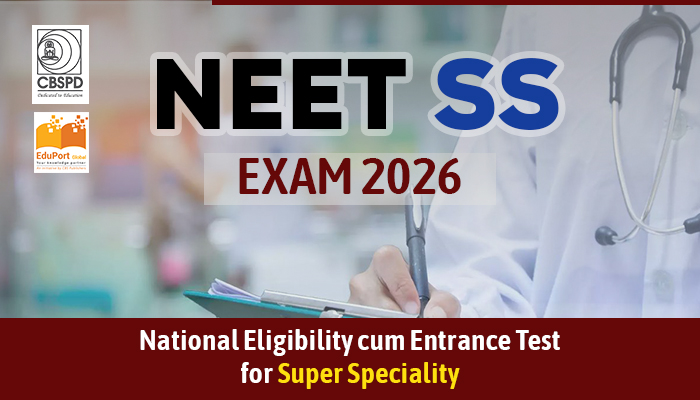

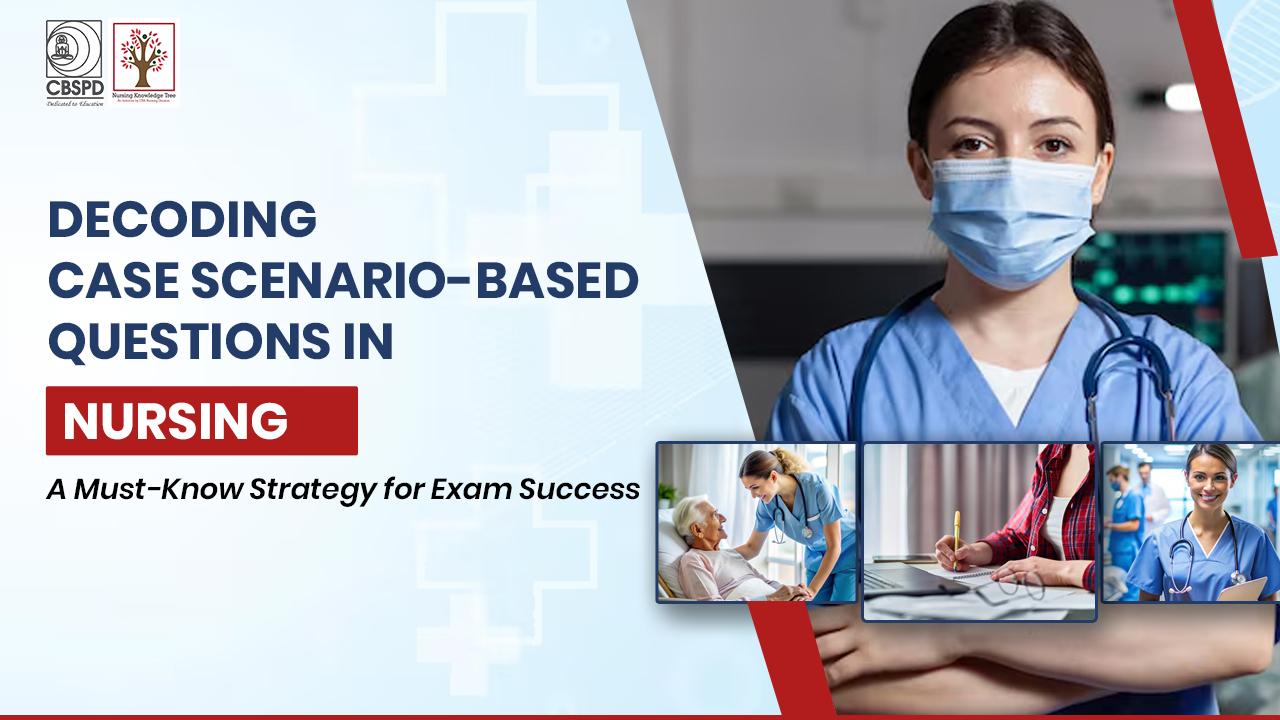
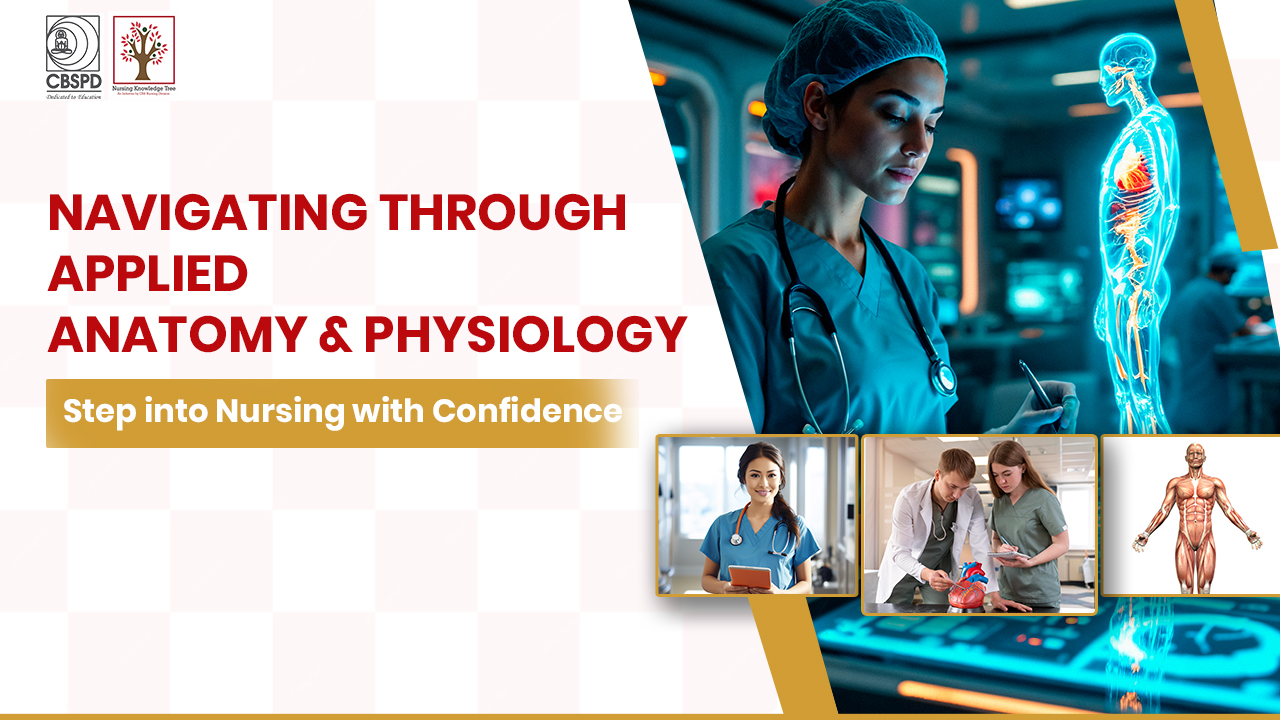
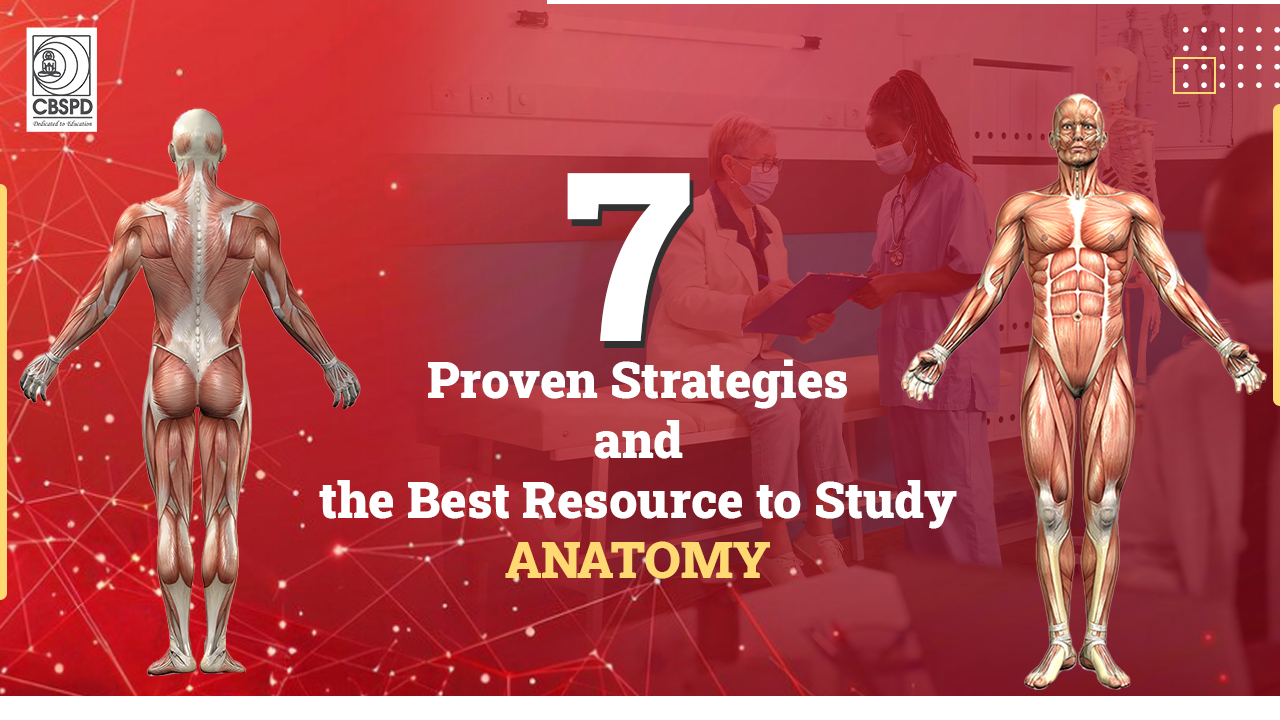
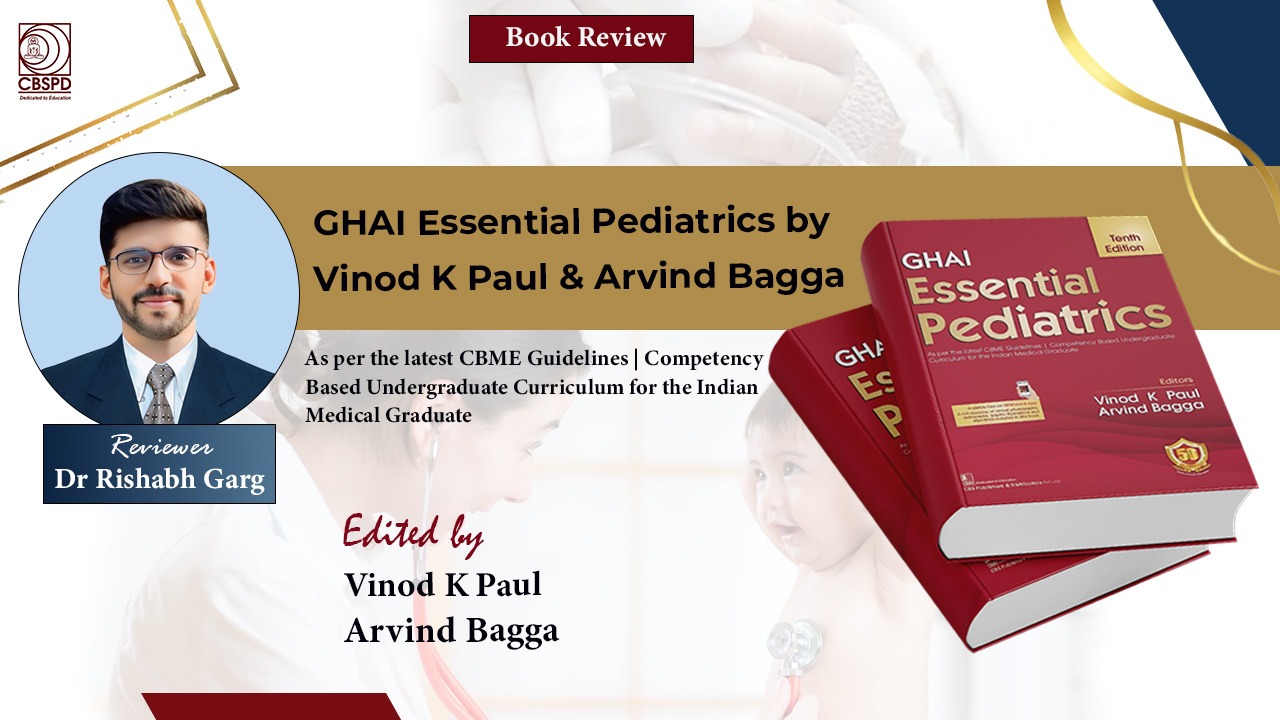
.jpg)
.jpg)
.png)